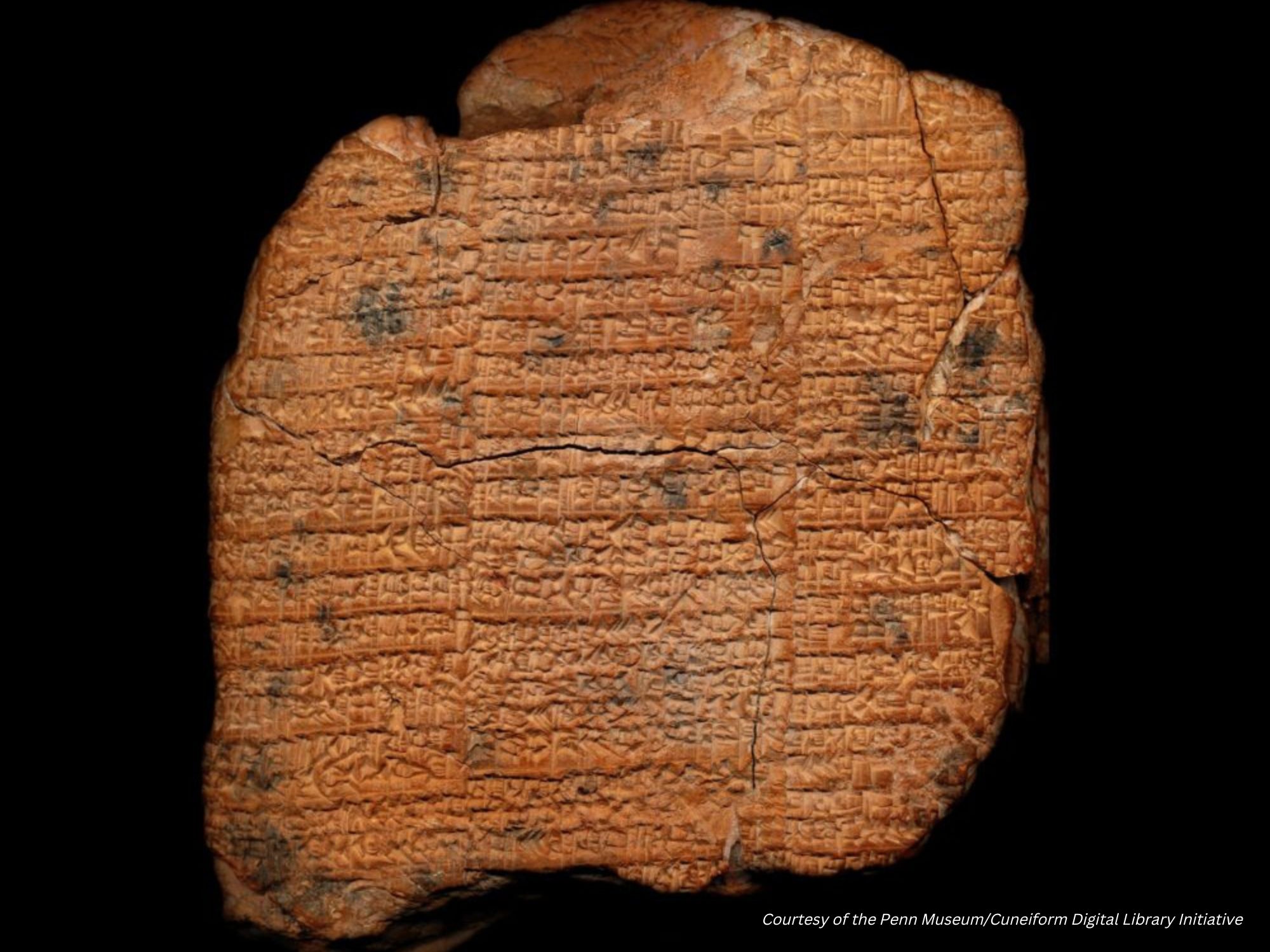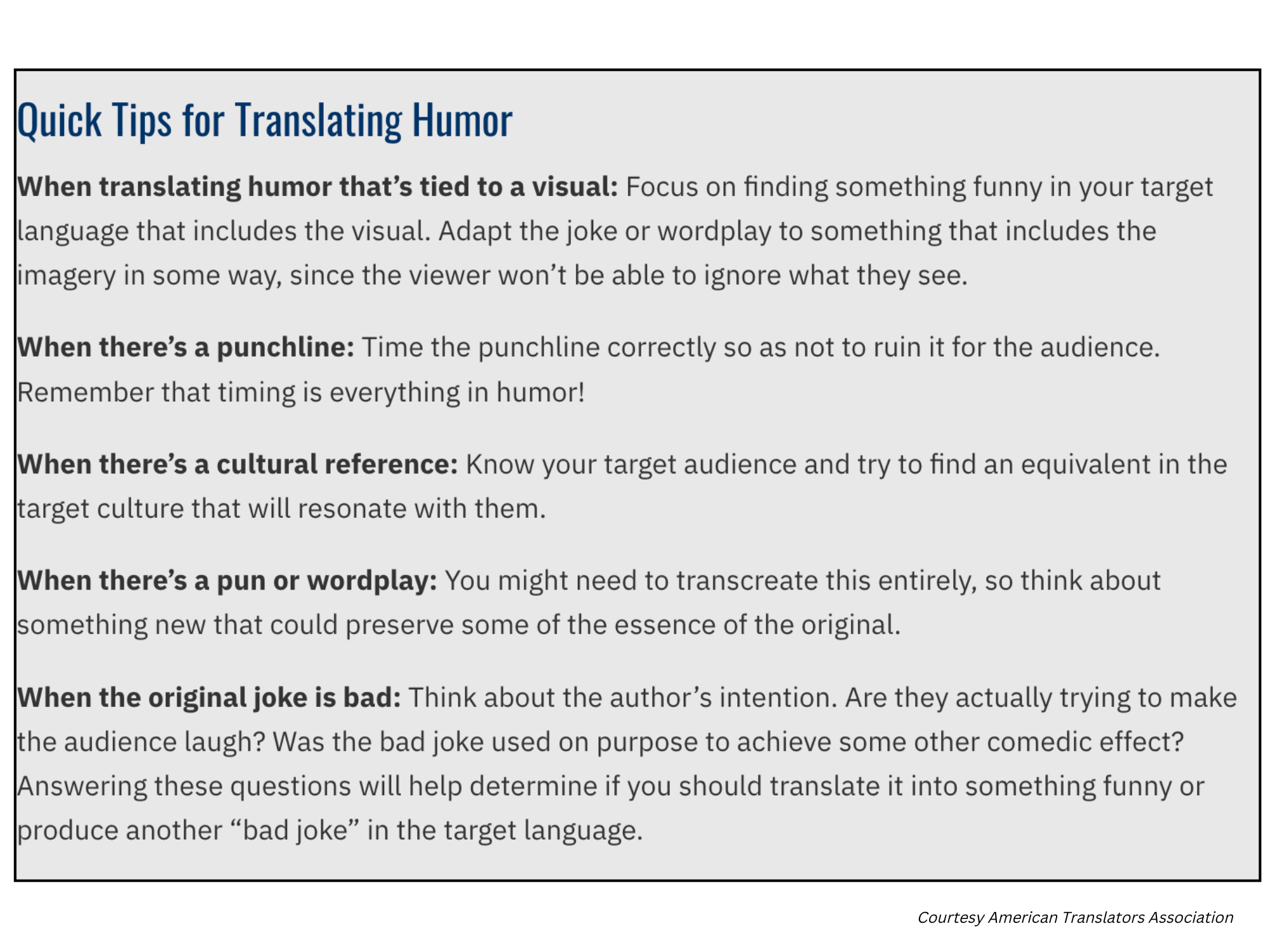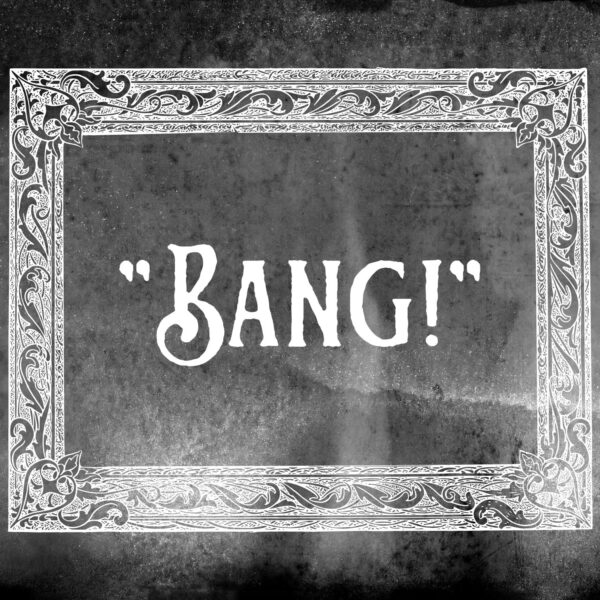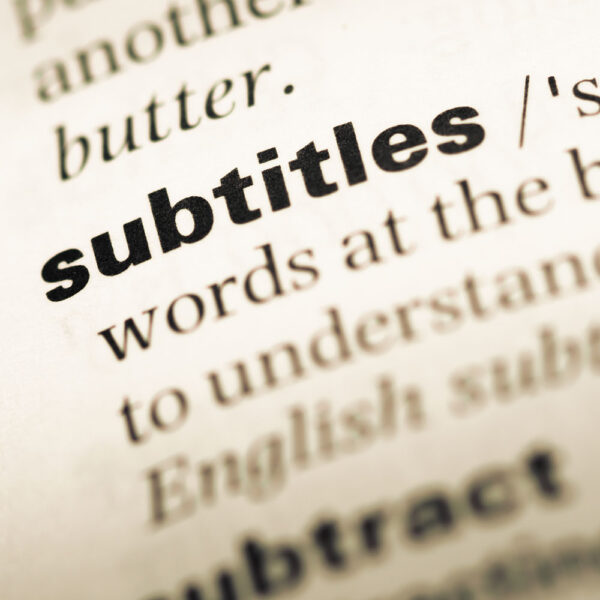The difficulties of translating humor

Translating a joke can be one of the most challenging things a translator can be tasked with. Why? Because jokes are typically tied to cultures and contexts within a specific language.
The first documented “bar joke” was found on an ancient clay tablet in the Sumerian language. The tablet was discovered in the 1800s and was said to be about 4,000 years old.

“A dog walks into a bar and says, ‘I cannot see a thing. I’ll open this one,’” the tablet reads.
However, when translated, scholars that examined the tablet didn’t quite get the joke. And after the Sumerian tablet discovery went viral last year, thousands of Twitter and Reddit users also did not get a laugh out of the translation. The best guess written by an online user is that “it was probably some type of pun based on word pronunciation.”
Anyone who uses the Internet with any frequency knows that tone and context are important for a joke. Often times jokes will be misinterpreted because the tone does not carry through the text. This can be a struggle even for communication between native speakers.
Cultural jokes can be tough to localize because it requires the reader’s knowledge of the cultural origin of the joke.
Some of the most common jokes are puns and wordplay, and puns don’t always translate well into other languages. Take the following joke as an example: “What did the grape say when it got crushed? Nothing, it just let out a little wine.” It would be tough to preserve this joke in other languages because it uses a homophone that may not translate.
Sometimes a total change is needed for the joke to be funny in the target language. This is where transcreation comes into the picture. This is the process of adapting content from one language to another while maintaining the existing tone, intent, and style.
When a joke is told during an oral speech, the professional interpreter tasked with translating the information must think quickly, be creative, and have a deep understanding of cultures.
And what if a translator is handed a bad joke to interpret? According to the American Translators Association, a translator can try their best to make someone laugh, but it’s not up to them whether or not they think a joke is funny. However, the translator can do research and try to cater to a specific audience to produce the desired laugh. They can also examine the intention of the author.

Take in all of the mentioned considerations and one can see why humor often doesn’t work well in machine translation. A human touch is needed to ensure that jokes are appropriately translated in a way that makes sense so it’s best to hire a professional language services provider to test and check these types of translations.
Teneo Linguistics Company is the answer to translating humor. TLC has thousands of professional linguists in its database located all over the world. Get a free quote today by visiting www.tlctranslation.com.





